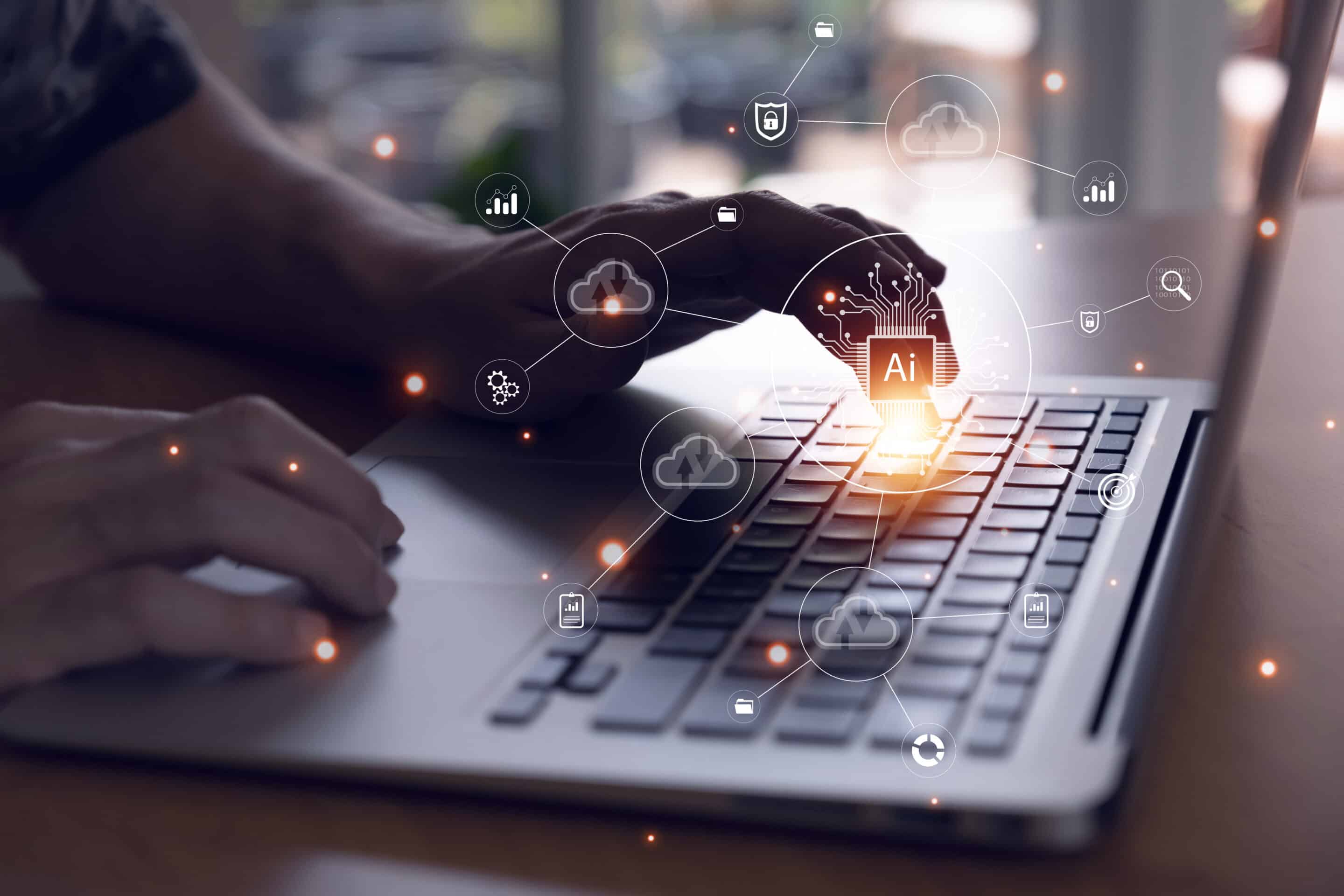By Alex Melen, Co-Founder, SmartSites
To date, we have witnessed three major technological revolutions in our lifetimes:
- The Personal Computer Revolution (Circa 1980-1995). With the introduction of model number 5150 on August 12, 1981, IBM had ushered the doors to a new technological revolution of an unimaginable scale. By the early 90s, IBM had captured 90 percent market share and the idea of people having a computer in their home was finally becoming a less foreign concept.
- The Internet Revolution (Circa 1995-2005). In 1995, commercial restrictions were lifted on the internet. It was also the same year AOL launched its easy-to-use internet service that featured its own browser (thus starting the browser wars)[1]. By 2000, 43 percent of the population in the U.S. was using the internet. It hit 60 percent in 2002, 75 percent in 2007, and is currently at 90 percent).[2]
- The Mobile Revolution (Circa 2010-2020). Although the first iPhone launched in 2007 and the first Android phone the following year, smartphone adoption was slow-going. Experts in the field have varying opinions on the launch of the mobile era, but I would beg the start in late 2010 with the launch of the Samsung Galaxy S. By the end of 2011, there were more people using smartphones than non-smartphones. By 2015, the mobile era was in full swing as consumer behavior completely changed and marketers and website developers struggled to catch up.
Perspective on Ever-Changing Consumer Behavior
Consumer behavior has changed quickly and significantly over just a mere three decades. To put this in perspective, take this example scenario: You come home from work to find your pipe burst, leaking water into your basement. Now, imagine that scenario taking place in:
- 1980-1995: You would pull out your Yellow Pages to look up a plumber. Statistics show that 90 percent of vendors were found from either the Yellow Pages or from a friend/family member in this decade.
- 1995-2005: At this point, with the internet revolution in full swing, consumers now became much more likely to go to their office, load up their desktop, connect to AOL and do some research. At this point, the Yellow Pages and personal recommendations became less relevant. Consumers also became more willing to research and try to fix an issue themselves as the full knowledge base of the internet was at their disposal.
- 2005-2020: You come home; the pipe is leaking. You pull out your smartphone to quickly browse through some videos to diagnose your problem and decide if you need a plumber. If you decide you still need one, after a quick Google search for plumbers and checking some reviews, a plumber is at your doorstep within hours.
The 4th Technological Revolution: AI & Machine Learning
Today, the consumer landscape is more digital than ever. The mobile-is-important mindset has evolved to a mobile-first mindset. The consumer purchase journey in automotive now includes over two dozen touchpoints, with 85 percent of them being digital (see my previous article “The Digital Automotive Shopper Journey for 2019 and Beyond”). Even when already at your store finalizing the deal, more than 70 percent of consumers do a final price/specials/sales check on their mobile device.
The next technological revolution is happening as we speak. After decades of capturing tons of digital data, computer systems have finally progressed to where we can start using all of the data that exists. There are thousands of digital metrics you can measure.
Utilizing Your Data
You can use data in real-time for everything from website optimization to machine-learning marketing campaigns. You may know dealership demographic skews a certain age and gender, and the best time of day to show your ads, but you can now use all of those variables together.
Using machine learning, AI knows that males of a certain age are more likely to call or visit your dealership when searching a specific keyword on a specific day at a specific time. More so, you can adjust your bid for that keyword, on the fly, based on that information. In between the time that it takes someone to type their search into Google and hit “Search,” your AI system can utilize all of the past data to increase your bid, knowing that this specific person with all of the recorded attributes is more likely to perform a conversion action on your website.
So, significant change is here. You can monitor and make informed adjustments in real-time with dozens of data points that previously were too difficult to manually optimize on. And similar to what had happened to Yellow Pages, if you are not adopting your digital strategy to embrace machine learning,
About the Author
Alex Melen is an award-winning entrepreneur and keynote speaker. Alex is co-founder of SmartSites, rated one of the fastest-growing digital agencies by INC5000; managing over $50MM/year in advertising spend with over 100 employees spanning six offices.
[1] https://www.youtube.com/watch?v=1npzZu83AfU
[2] https://www.statista.com/statistics/209117/us-internet-penetration/








